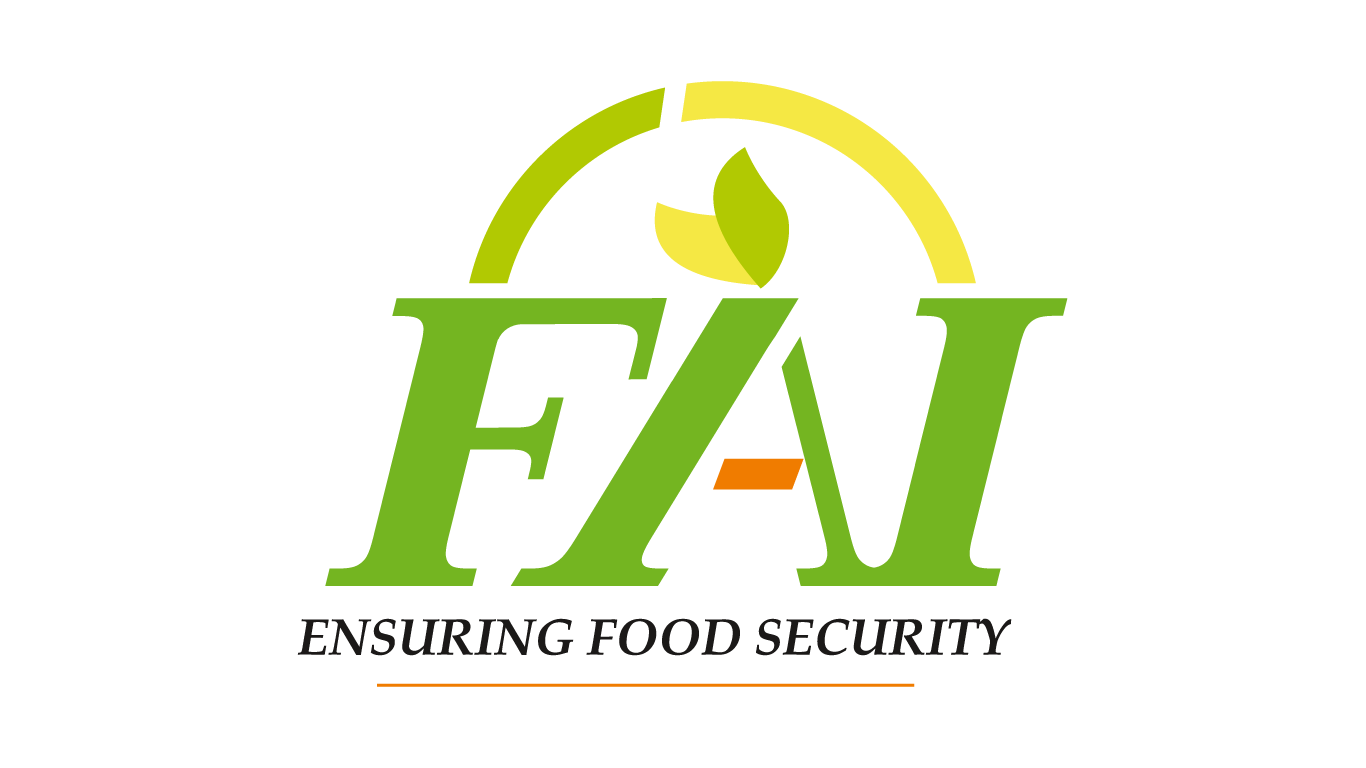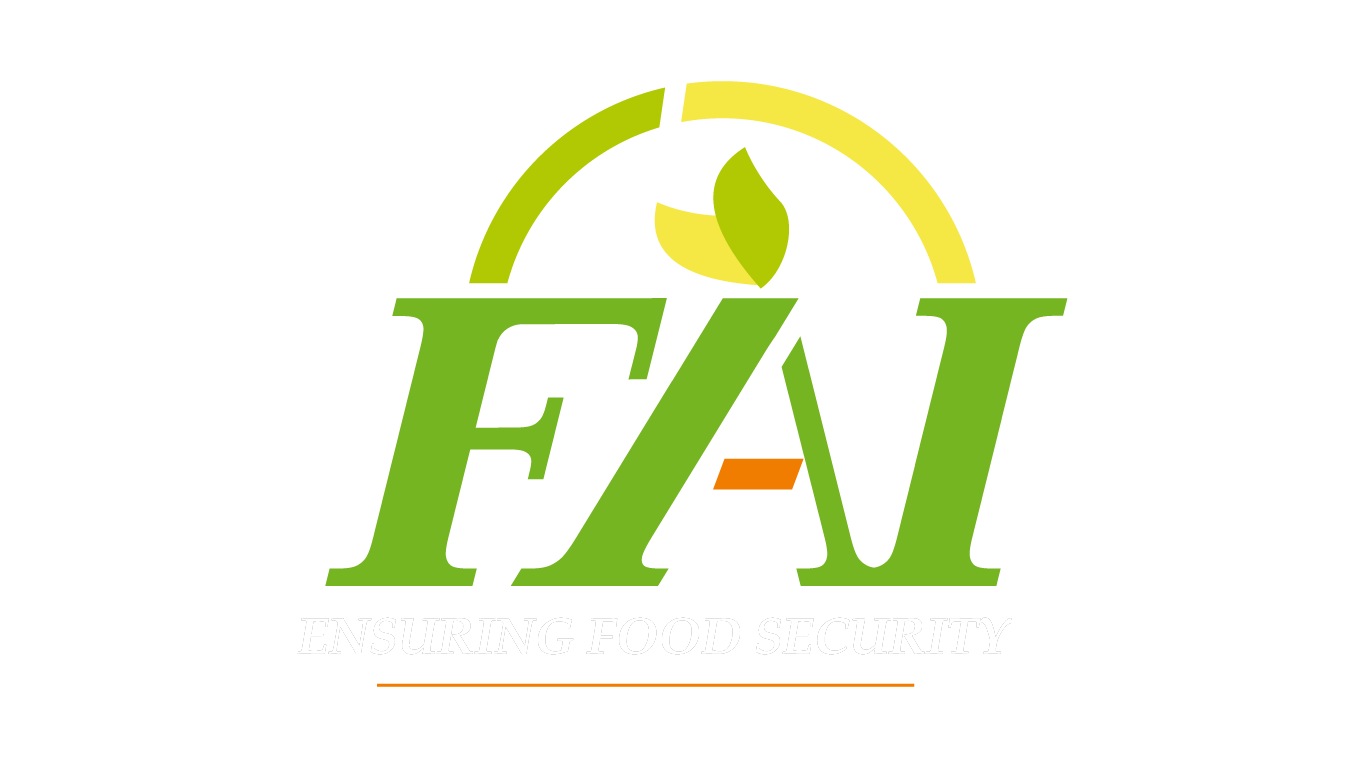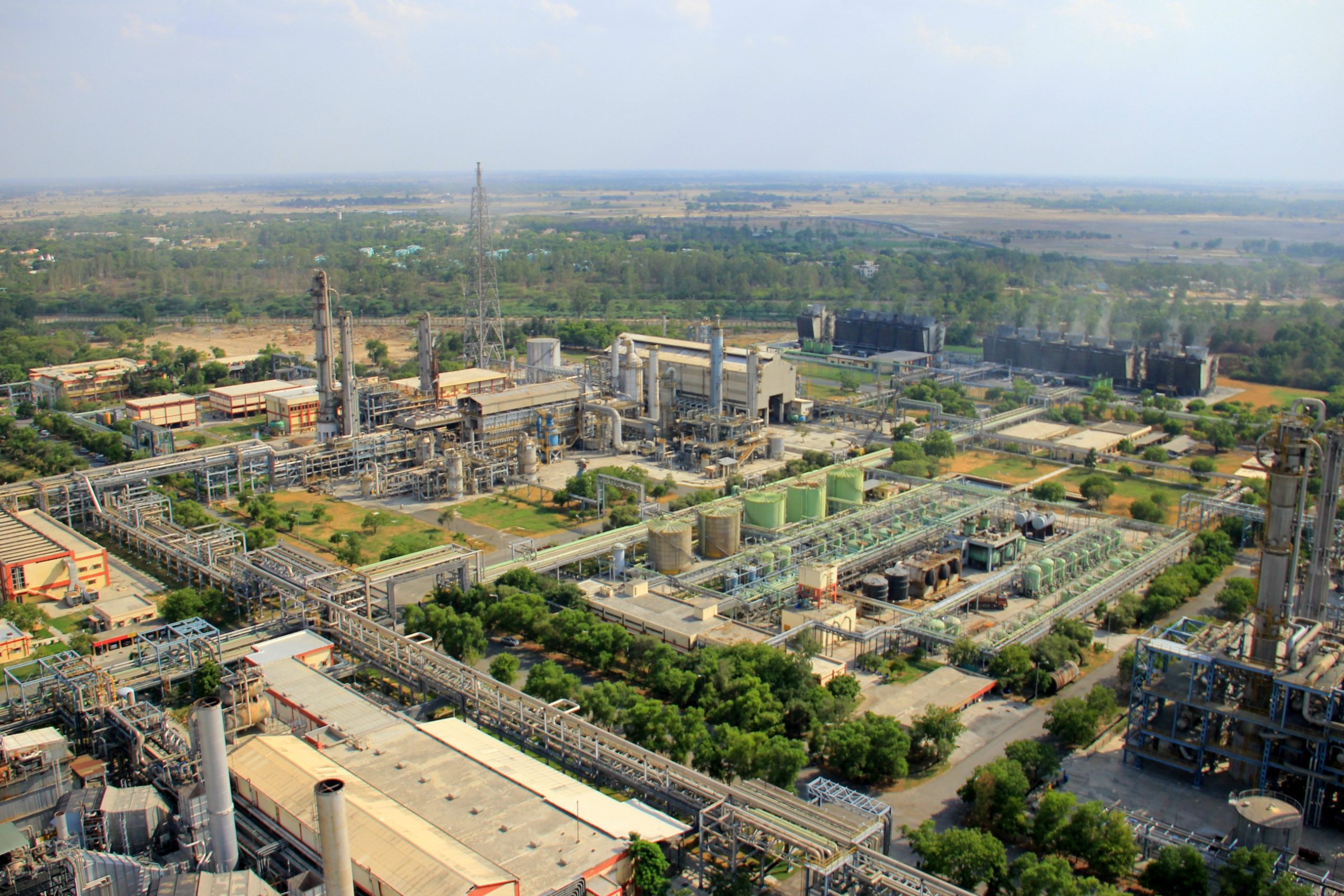The FAI Annual Seminar 2024 organized during 4-6 December 2024 in New Delhi deliberated on vital subject of sustainability in fertilizer and agriculture sectors. Seventeen presentations spread over four sessions highlighted the areas related to effectiveness of extant policies, adoption of digital technology in agriculture, impact of geo-political situations on prices of raw materials and finished products, import dependence on critical raw materials, decarbonisation of fertilizers, and innovative supply chain management. Role of fertilizers in contributing about 50% to the food grain production has been well established through various researches worldwide. In Indian context, policies paved the way for making fertilizers available to every nook and corner of the country at affordable prices. At present, India has accomplished not only self-reliance in food grain production but also became exporter of rice despite the fact that a large number of population is relying on free food scheme. Policies have intended to stabilize both input and output prices, however, over the years it has resulted in significant increase in fertilizer subsidies. The situation became more precarious during pandemic and geo-political conflicts during last few years. During the development phase of the fertilizer sector, the policy played a catalytic role in promoting indigenous fertilizer production coupled with high yielding variety of crops, which resulted in increase in food grain productivity. Of late, there has been deterioration of soil health and imbalance in use of fertilizers leading to low farm productivity. This raises the question whether the policy of low input prices and low food grain prices is sustainable over long-term. The policymakers may revisit the extant policies for bringing efficiency in fertilizer and agriculture sectors. Among various suggestions, the government may consider transfer of fertilizer subsidy directly in the bank account of the farmers. Mechanisms such as coupon/vouchers to farmers for purchase of right type of fertilizer may help in reducing inefficiencies and diversions. The timeline for such mechanism to take place is estimated to be 1-3 years. Till the time direct benefit of subsidy to the farmers is implemented, bringing urea under nutrient based subsidy policy may be considered to promote balance fertilization. Looking to the challenges in agriculture, the Government of India has launched PM PRANAM scheme to incentivize the States and Union Territories to promote the use of alternate fertilizers such as organic and bio-fertilizers to improve soil health and farm productivity. Towards this, use of fertilizer in balanced proportion as per soil test based recommendations along with organic manures and bio-fertilizers by the farmers across the country is of paramount importance. Further, use of modern techniques and digital technology can also play an important role in making agriculture sustainable. Digitalization, use of artificial intelligence and machine learning have the potential in bringing efficiency in agriculture sector. A farmer in any nook and corner of the country can take advisory help from an expert sitting in any part of the world. Development of digital tools and information in vernacular language will go a long way in making such tools more meaningful to the framers. Use of e-commerce platform can be targeted to promote informed decision by farmers on right type of input and saving in overall farming cost. However, acquiring geographical and agronomy dataset is necessary for successful digital marketing and the Government agencies can help in this direction and e-commerce platform needs to be given more impetus for marketing of agri-inputs. Another important subject of discussion was the impact of green-house gases on climate change.


